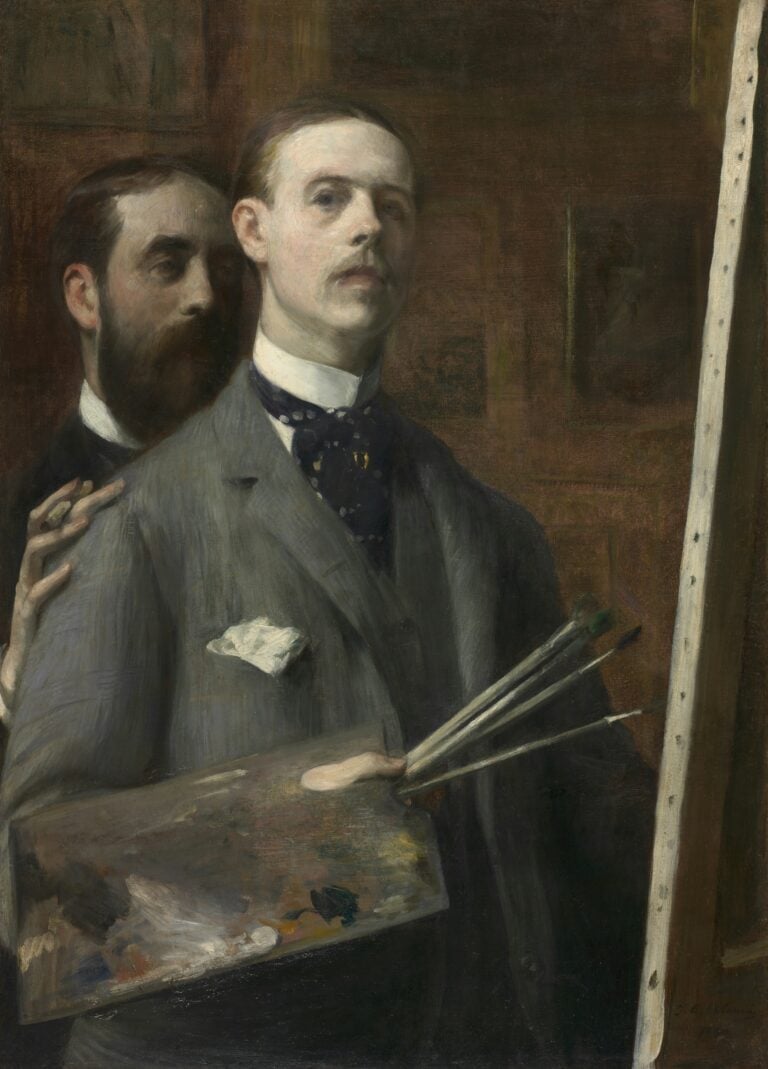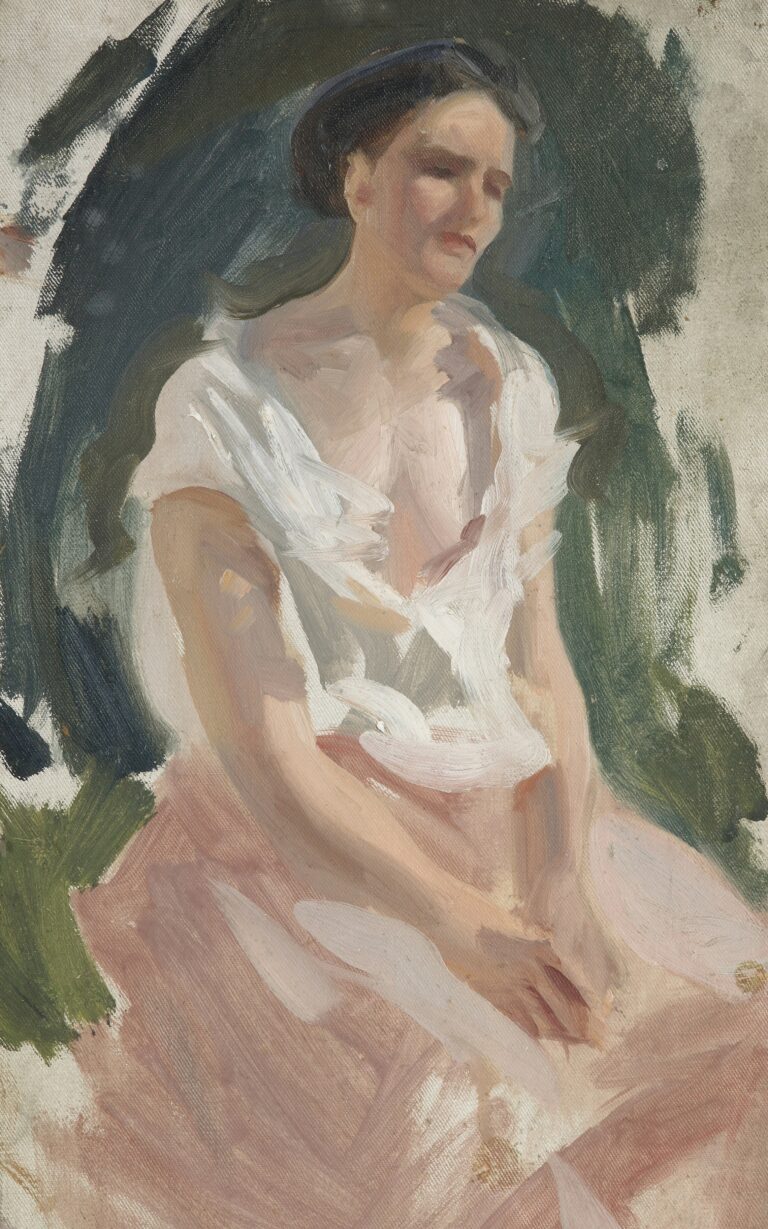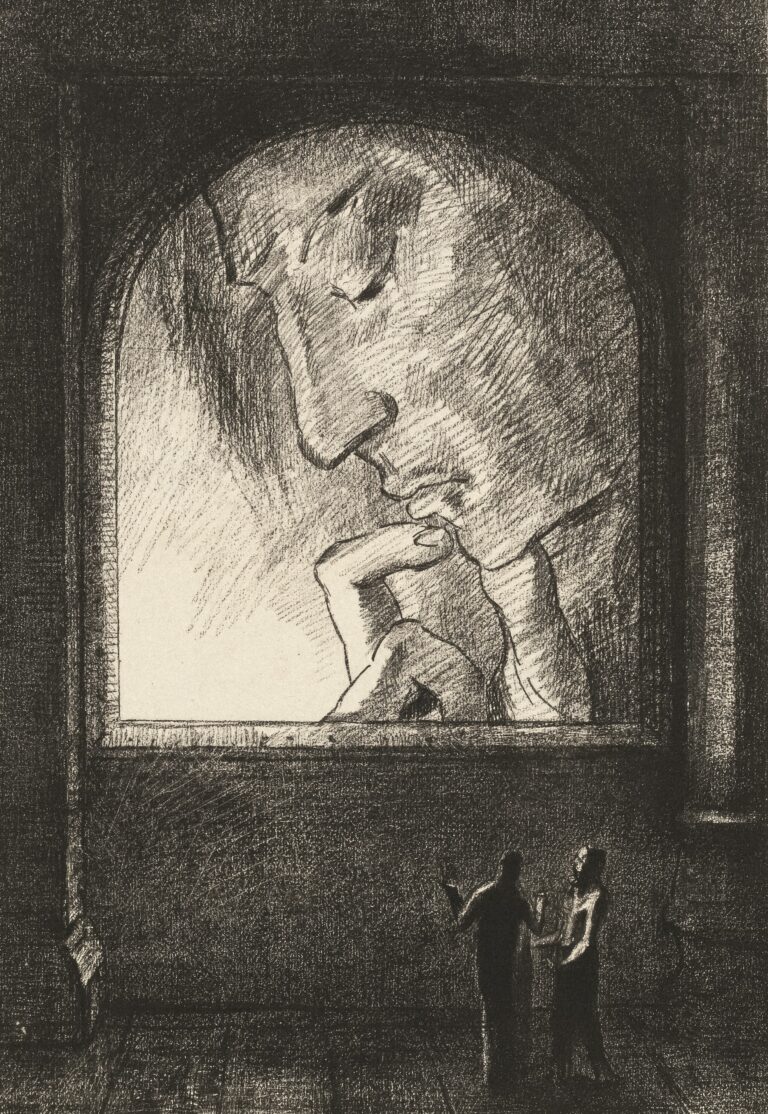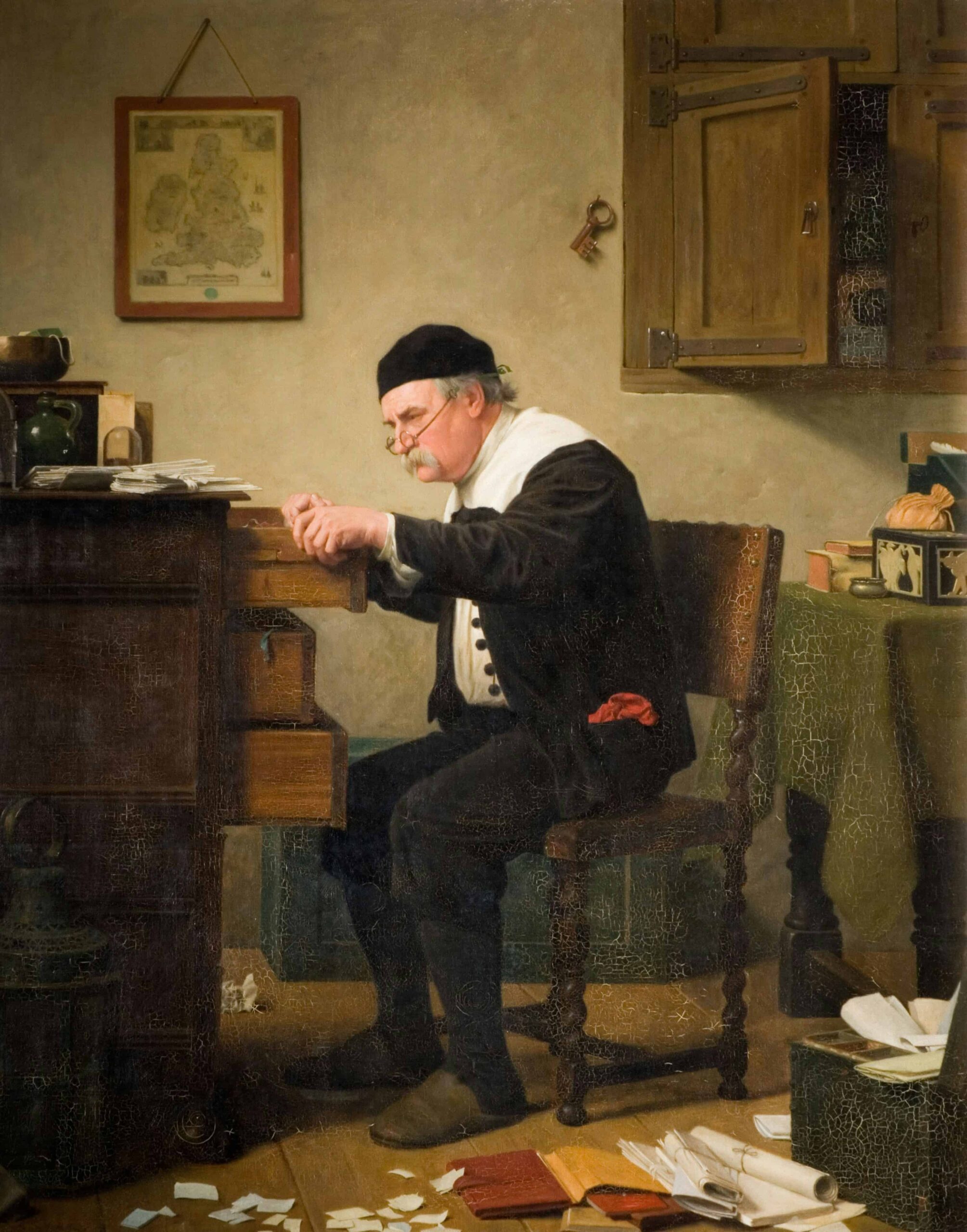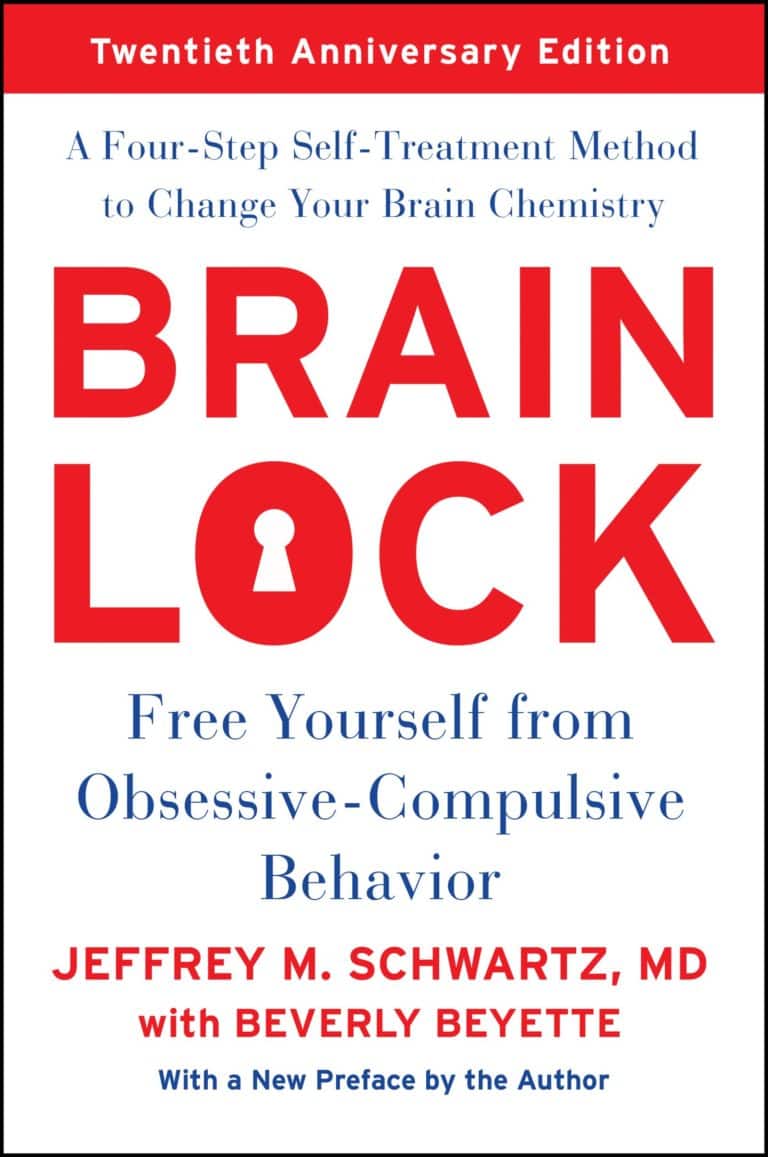Mental Compulsions OCD: Understanding the Invisible Struggles of Obsessive-Compulsive Disorder
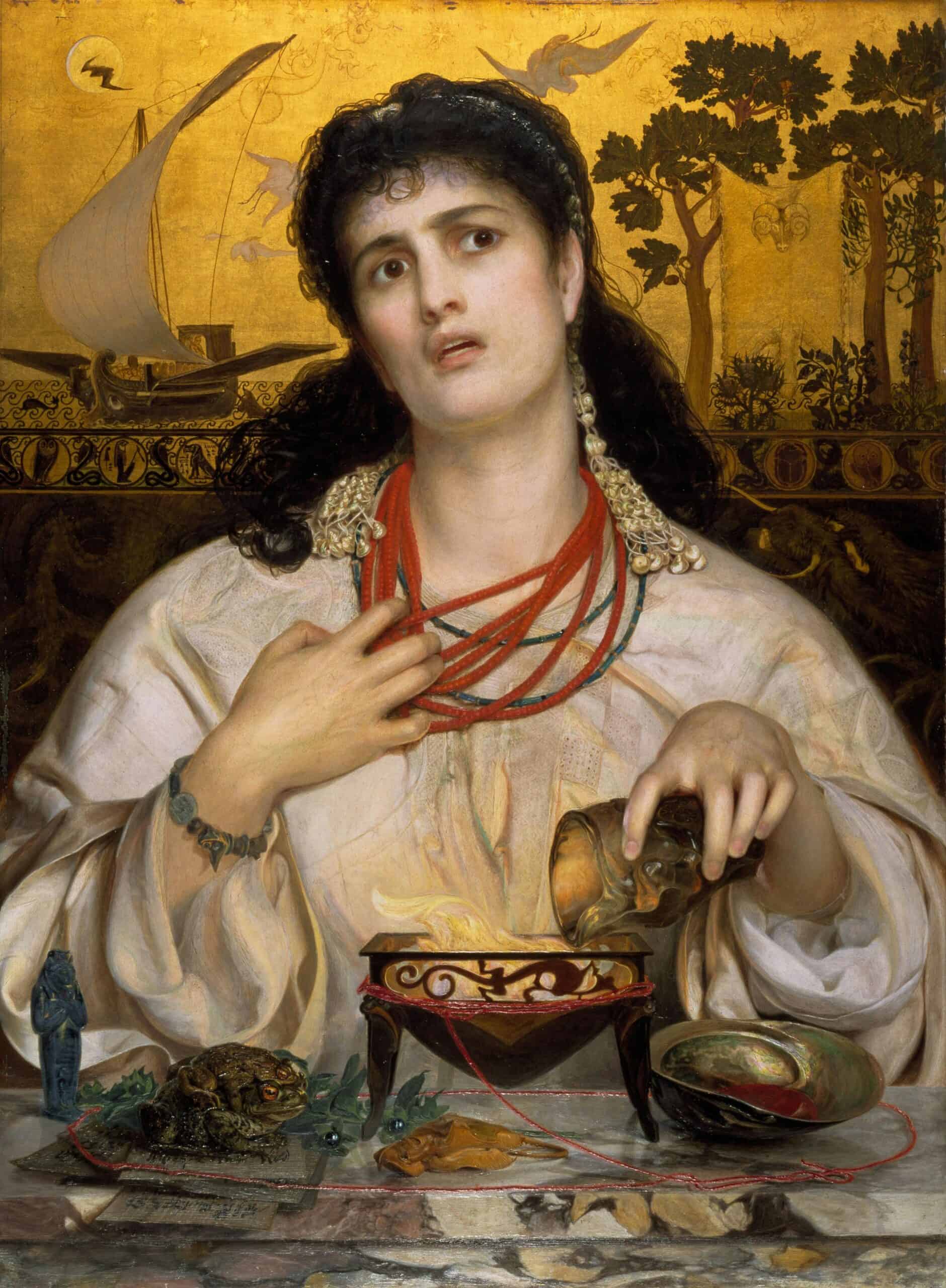
When we think of Obsessive-Compulsive Disorder (OCD), we often picture visible compulsions, like hand-washing or checking locks. But for many, OCD is more than just physical rituals—it includes mental compulsions that are invisible to others but just as distressing.
Mental compulsions can involve repetitive thoughts, counting, or mental rituals that are performed to reduce anxiety. These mental behaviors are just as powerful and debilitating as physical compulsions, but they often go unnoticed. In this article, we’ll explore mental compulsions in OCD, their impact on daily life, and effective strategies for managing them.

What are Mental Compulsions in OCD?
Defining Mental Compulsions
Mental compulsions in OCD are invisible rituals that individuals perform in their minds to alleviate the anxiety caused by intrusive thoughts or obsessions. These mental actions are typically aimed at preventing feared outcomes or ensuring that something “feels right.” Unlike physical compulsions, mental compulsions cannot be seen by others, making them harder to recognize and address.
Common Types of Mental Compulsions
Some common mental compulsions include:
- Mental Checking: Repeating or mentally reviewing thoughts to ensure they are “correct” or to confirm that no harm will come from them.
- Counting: Repetitively counting or mentally calculating to neutralize a thought or reduce anxiety.
- Reassurance-Seeking: Asking oneself or mentally reassuring oneself that everything is safe or right, often in response to obsessive doubts.
- Silent Praying or Repeating Phrases: Mentally reciting prayers or phrases to neutralize anxiety or to undo perceived wrongs.
- Mental Rewriting: Mentally “rewriting” or correcting thoughts or events that have occurred.
How Mental Compulsions Impact Daily Life
The Unseen Burden of Mental Compulsions
Unlike physical compulsions, mental compulsions are not visible to others, which can make them harder to identify. However, they can consume significant mental energy and time, interfering with an individual’s ability to focus on daily tasks, work, or relationships. The cycle of repetitive mental rituals can lead to mental fatigue, frustration, and isolation, as people with mental compulsions often feel misunderstood.
Mental Compulsions and Anxiety
Mental compulsions are driven by the need to alleviate anxiety caused by obsessive thoughts. This can create a constant sense of unease, as the person is compelled to engage in these mental rituals over and over. While mental compulsions may provide temporary relief, they do not address the root cause of the anxiety and can reinforce the cycle of OCD.
The Hidden Struggles of Mental Compulsions
Individuals with mental compulsions may feel embarrassed or ashamed of their behavior, as these rituals are not visible to others. This can lead to feelings of isolation and prevent individuals from seeking help. It’s important to recognize that mental compulsions are just as valid and distressing as physical compulsions.
How Mental Compulsions Differ from Physical Compulsions
The Nature of Mental vs. Physical Compulsions
While both mental and physical compulsions serve to reduce the anxiety caused by intrusive thoughts, they differ in the way they manifest:
- Mental Compulsions are internal, involving repetitive thoughts or mental actions such as counting or silently praying. These actions are invisible and can be very difficult to recognize from the outside.
- Physical Compulsions involve observable behaviors, like washing hands, checking locks, or arranging objects. These are often more visible and can be more easily identified by others.
The Role of Thoughts vs. Actions in OCD
Mental compulsions are driven by the desire to neutralize or prevent a feared outcome through mental action, whereas physical compulsions often involve actual actions to prevent harm or disaster. In both cases, the individual feels a compulsion to perform the ritual to relieve anxiety, but mental compulsions tend to be more secretive and isolating.
Common Triggers of Mental Compulsions
Intrusive Thoughts and Doubts
Mental compulsions are often triggered by intrusive or distressing thoughts, doubts, or fears. These thoughts may be related to contamination, harm, morality, or making mistakes. The individual may feel compelled to neutralize these thoughts with mental actions to prevent perceived negative consequences.
Fear of Making Mistakes or Perfectionism
A fear of making a mistake or not achieving perfection can trigger mental compulsions. For example, someone with OCD may repeatedly review their thoughts or actions mentally to ensure they haven’t made a mistake or overlooked something important.
Anxiety and Uncertainty
Uncertainty is a major trigger for mental compulsions. People with OCD may have difficulty tolerating uncertainty, leading them to engage in mental rituals to gain a sense of control and certainty over their thoughts or actions.
Treatment Options for Mental Compulsions in OCD
Cognitive Behavioral Therapy (CBT)
Cognitive Behavioral Therapy (CBT) is one of the most effective treatments for OCD, including mental compulsions. CBT helps individuals identify and challenge the irrational thoughts that drive compulsive behaviors, including mental rituals. By reframing these thoughts, individuals can learn to reduce the anxiety that triggers mental compulsions.
Exposure and Response Prevention (ERP)
A key component of CBT, Exposure and Response Prevention (ERP) is particularly effective for mental compulsions. ERP involves exposing the individual to situations that trigger their obsessions and preventing them from performing their mental compulsions. Over time, this helps reduce the power of the obsession and the need for mental rituals.
Mindfulness-Based Cognitive Therapy (MBCT)
Mindfulness-Based Cognitive Therapy (MBCT) helps individuals become more aware of their thoughts and feelings without judgment. MBCT can help people with OCD detach from their intrusive thoughts and reduce the urge to perform mental compulsions. By focusing on the present moment, individuals can gain greater control over their thoughts and reduce the power of mental rituals.
Medications for OCD
Selective serotonin reuptake inhibitors (SSRIs) are commonly prescribed to help manage OCD symptoms, including mental compulsions. These medications work by increasing serotonin levels in the brain, which can reduce obsessive thoughts and compulsive behaviors. Medications can be a helpful complement to therapy.
Coping Strategies for Managing Mental Compulsions
Recognizing and Accepting the Thoughts
One of the most effective strategies for managing mental compulsions is to recognize and accept the intrusive thoughts without engaging in mental rituals. Cognitive restructuring can help individuals reframe their thoughts and reduce the anxiety that drives mental compulsions.
Gradual Exposure to Triggers
Gradual exposure to situations that trigger mental compulsions, combined with response prevention, can help individuals reduce the need for mental rituals over time. Starting with less anxiety-provoking situations and gradually working up to more challenging triggers can help individuals build tolerance to distressing thoughts.
Developing Healthy Distractions
Engaging in healthy distractions, such as hobbies, exercise, or social activities, can provide a break from the cycle of mental compulsions. These activities can help refocus attention and reduce the urge to perform mental rituals.
When to Seek Help for Mental Compulsions
Recognizing the Impact on Daily Life
If mental compulsions are interfering with daily life—whether it’s work, relationships, or personal well-being—seeking professional help is crucial. Mental compulsions can be debilitating, and addressing them early on can help prevent them from becoming more entrenched.
The Role of Support Networks
Family members, friends, and support groups can play a critical role in helping individuals manage mental compulsions. Educating loved ones about OCD and mental compulsions can provide additional support and encouragement in the recovery process.
Conclusion:
Mental compulsions in OCD can be just as distressing as physical compulsions, often leading to anxiety, isolation, and a sense of powerlessness. However, with the right treatment strategies—such as Cognitive Behavioral Therapy, Exposure and Response Prevention, mindfulness techniques, and medication—individuals can learn to manage these invisible compulsions and regain control over their thoughts and behaviors. If you or a loved one is struggling with mental compulsions, seeking help is the first step toward healing and recovery.
